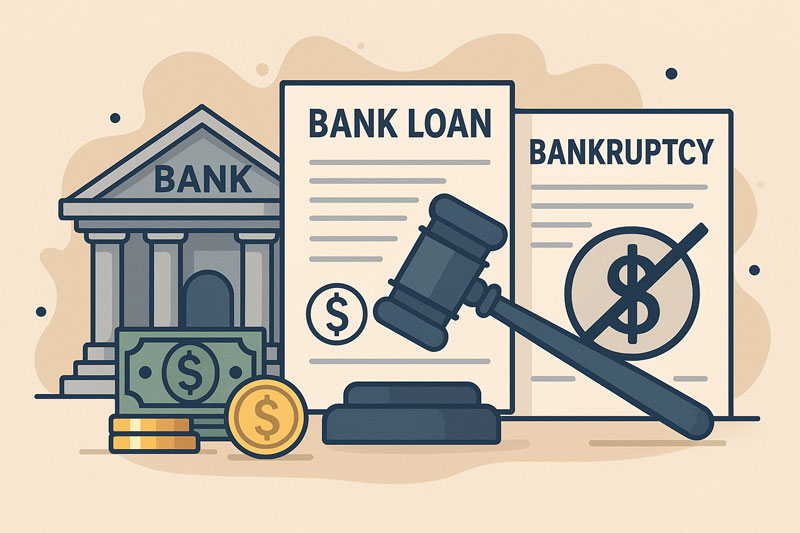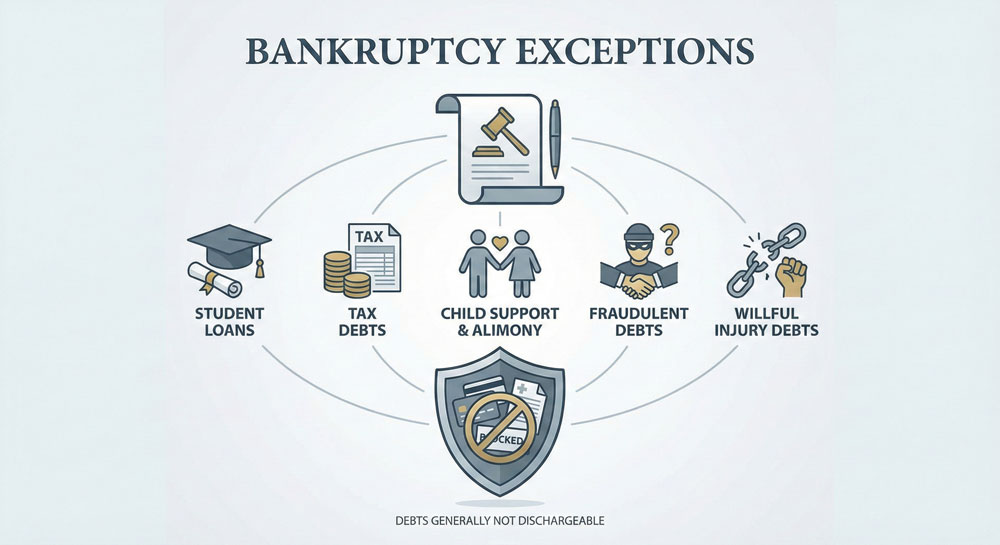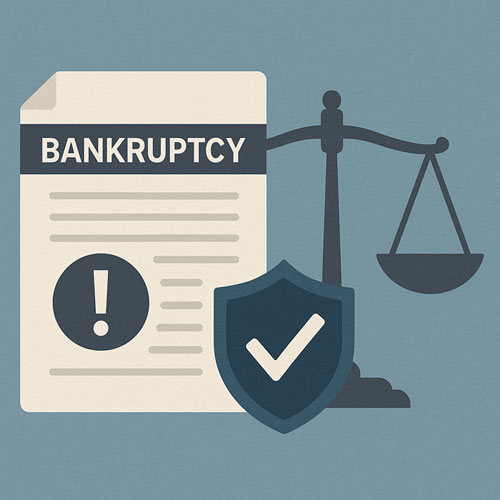Bank Loans And Bankruptcy

Bank loans are a common source of funding for individuals and businesses alike. They can be used for a variety of purposes, including purchasing a home, starting a business, or consolidating debt. However, if a borrower is unable to repay their loan, it can lead to bankruptcy.
Bankruptcy is a legal process that allows individuals or businesses to eliminate or restructure their debts. Bankruptcy is usually a last resort for borrowers who are unable to meet their financial obligations. When a borrower files for bankruptcy, their assets are liquidated to pay off their creditors. Depending on the type of bankruptcy, the borrower may be able to keep certain assets, such as a primary residence.
Bank loans and bankruptcy are interconnected in several ways. First, when a borrower files for bankruptcy, their outstanding bank loans are usually included in the list of debts that are discharged or restructured. This means that the borrower is no longer obligated to repay the loan. However, it also means that the lender may not be able to recover the full amount of the loan.
Second, bankruptcy can affect a borrower’s ability to obtain future bank loans. Bankruptcy stays on a borrower’s credit report for up to ten years, which can make it difficult to obtain new credit. Additionally, lenders may view borrowers who have filed for bankruptcy as high-risk, and may be less willing to lend to them.
Finally, bankruptcy can also impact a lender’s bottom line. When a borrower defaults on a loan, the lender may be forced to write off the loan as a loss. This can impact the lender’s financial statements and may lead to a decrease in profits.
To minimize the risk of bankruptcy, borrowers should carefully consider their ability to repay a loan before taking it out. Borrowers should also make sure that they understand the terms of the loan, including the interest rate and repayment schedule. If a borrower is struggling to repay their loan, they should contact their lender to discuss their options, such as a loan modification or forbearance.
In conclusion, bank loans and bankruptcy are closely intertwined. While bank loans can provide valuable funding, borrowers should be aware of the risks of default and bankruptcy. By carefully managing their finances and working with their lenders, borrowers can minimize the risk of bankruptcy and maintain a healthy financial future.
For more information, reach out to your Fresno bankruptcy attorney at 559-218-5324.
Categorized in: Bankruptcy


